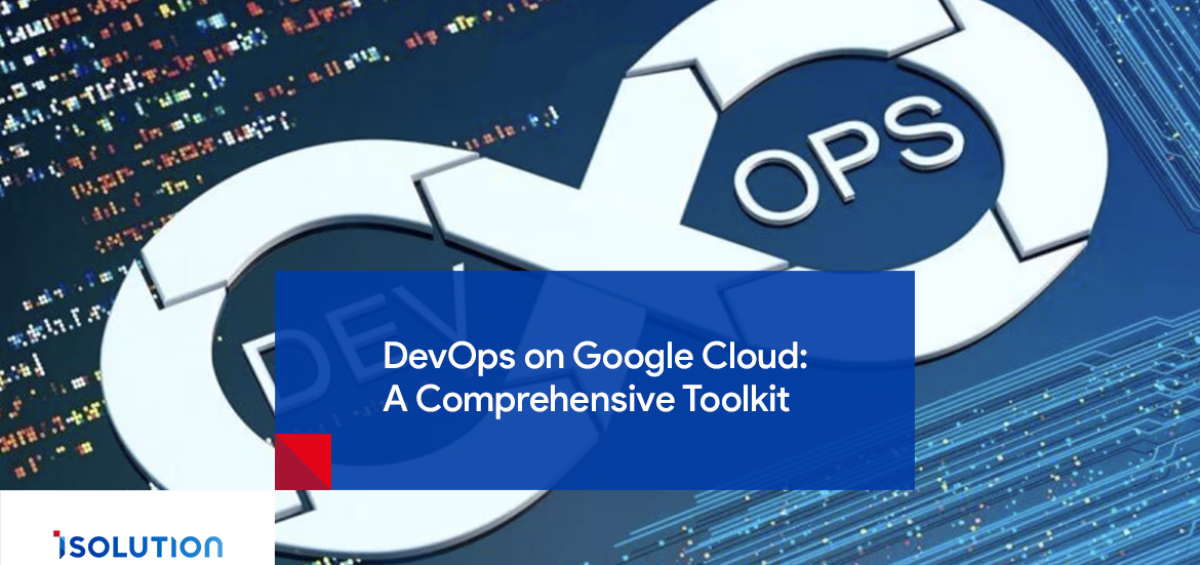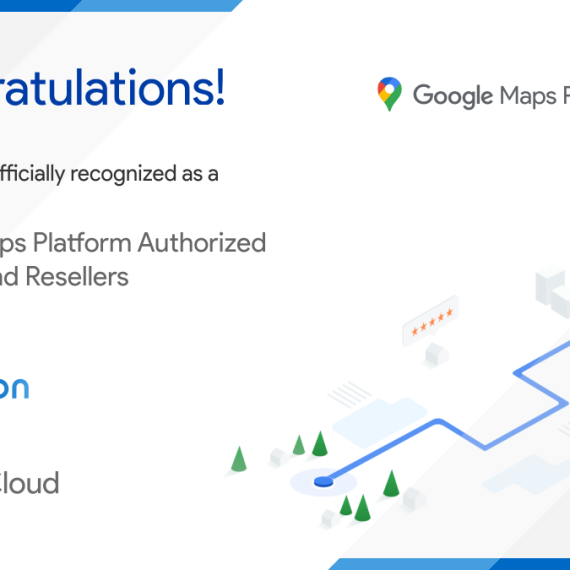In today’s fast-paced digital world, DevOps has become the cornerstone of delivering faster and more reliable software releases. By integrating development and IT operations, DevOps allows teams to collaborate more efficiently, automate processes, and continuously improve applications. Google Cloud provides a comprehensive suite of tools tailored to enhance DevOps practices, ensuring agility, scalability, and reliability. Below is a breakdown of some of the essential Google Cloud products that can supercharge your DevOps workflows.
A. Building and Deploying Your Applications:
1. Cloud Build:
The core of CI/CD on GCP, Cloud Build is a fully managed platform that automates building, testing, and deploying applications. Execute builds in parallel across various environments and leverage seamless Git integration to trigger builds automatically on code commit. Customize your build pipelines using YAML or JSON configuration files.
Key Benefits:
– Highly customizable build pipelines with support for YAML and JSON configuration.
– Supports a wide range of languages and frameworks.
– Tight integration with other Google Cloud services like Cloud Deploy and Artifact Registry.
2. Cloud Deploy:
This managed service simplifies continuous delivery by focusing on deploying applications across different environments (dev, staging, production). Automate your release process with built-in support for progressive rollouts and canary deployments, minimizing risk during updates.
Key Benefits:
– Enables reliable and repeatable deployments to Kubernetes.
– Designed to work with Cloud Build for seamless CI/CD workflows.
– Built-in support for Kubernetes and Google Kubernetes Engine (GKE).
3. Artifact Registry:
A central repository for managing your build artifacts, including container images, Maven, npm packages, and more. Artifact Registry provides a single source of truth for your build process and enhances security with granular access control and version management.
Key Benefits:
– Unified management for all artifact types with support for various repository formats.
– Secure storage with fine-grained permissions.
– Native integration with Cloud Build and Cloud Deploy for a streamlined CI/CD pipeline.
4. Container Registry:
While Artifact Registry is the recommended service for container image management, Container Registry remains a valid option for storing, securing, and managing Docker container images. It offers deep integration with the Google Cloud ecosystem, including GKE and Cloud Run.
Key Benefits:
– Efficient storage and versioning of Docker images.
– Automated vulnerability scanning.
– Regional replication for faster access and higher availability.
B. Development and Collaboration:
5. Cloud Code:
Accelerate Kubernetes and cloud-native development with Cloud Code, a set of plugins for popular IDEs like VS Code and IntelliJ. Simplify complex Kubernetes workflows with templates, auto-completion, and debugging tools for local and cloud-based deployments.
Key Benefits:
-Streamlines Kubernetes development with support for languages like Go, Java, Python, and Node.js.
-Offers quick-start templates and continuous feedback.
-Provides out-of-the-box support for Kubernetes development in multiple programming languages.
6. Cloud Workstations:
Empower your development teams with Cloud Workstations, offering fully managed, cloud-based development environments. These scalable and customizable workstations integrate with your DevOps workflows and tools, providing secure, reliable, and consistent workspaces across teams.
Key Benefits:
– Instant setup with pre-configured environments.
– Seamless integration with source control and CI/CD pipelines.
– Scalable resources to match project requirements.
7. Duet AI:
Boost your coding productivity with Duet AI, an AI coding companion that provides real-time code completion, suggestions, and assistance with code generation. While its primary focus is code development, Duet AI can also assist with certain DevOps tasks.
Key Benefits:
– Real-time code suggestions and error detection.
-Enhanced collaboration through AI-driven insights.
– Integrated with Google Cloud development tools for a seamless experience.
8. Cloud Source Repositories:
Manage your code with Cloud Source Repositories, a fully managed Git service that provides private Git repositories hosted on Google Cloud. It enables seamless version control and collaboration for software development and integrates tightly with other Google Cloud DevOps services.
Key Benefits:
– Secure and scalable Git hosting.
– Integrated with Cloud Build for CI/CD.
– Built-in code browsing and cloud-native capabilities.
C. Orchestration and Management:
9. Cloud Deployment Manager:
Embrace Infrastructure-as-Code (IaC) with Cloud Deployment Manager. Automate the provisioning of Google Cloud resources by defining your infrastructure in YAML or Jinja2 templates for consistent and repeatable deployments.
Key Benefits:
– Declarative syntax for managing resources using YAML or Jinja2 templates.
– Repeatable and version-controlled infrastructure deployments.
– Integrated with Google Cloud’s broader ecosystem.
10. Cloud Scheduler:
Automate recurring tasks with Cloud Scheduler, a fully managed cron job service. Schedule batch processes, run data pipelines, or send recurring notifications with ease.
Key Benefits:
– Fully managed and highly reliable.
– Supports HTTP targets, Pub/Sub, and App Engine services.
– Flexible scheduling options, including daily, weekly, and custom intervals.
D. Monitoring and Observability:
11. Google Cloud’s Operations Suite:
Gain comprehensive observability into your applications and infrastructure with Google Cloud’s Operations Suite (formerly Stackdriver). This suite includes:
Cloud Logging: Capture and analyze logs from applications and services.
Cloud Monitoring: Track metrics, uptime, and set alerts for performance monitoring and automated incident detection.
Cloud Trace: Analyze request traces across services for root cause analysis and performance optimization.
Key Benefits:
– Holistic view of system health and performance.
– Automated incident detection and alerting through Cloud Monitoring.
– Unified dashboard for logs, metrics, and traces.
DevOps success hinges on a seamless integration between development, deployment, and operations, and Google Cloud offers a wide range of products tailored to these needs. From automating your CI/CD pipelines with Cloud Build and Cloud Deploy to managing your infrastructure as code with Deployment Manager and monitoring your applications with the Google Cloud Operations Suite, these tools empower teams to innovate faster, improve collaboration, and ensure operational excellence.
By leveraging the power of GCP’s DevOps tools, you can build, deploy, and manage applications more efficiently, enabling your organization to innovate faster and stay ahead of the competition.







Leave a Comment